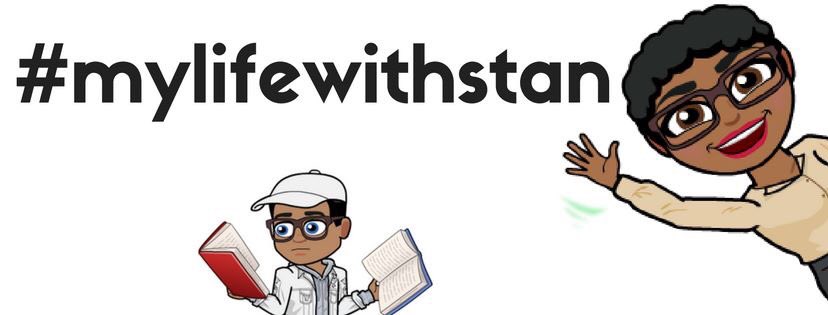Yes, I really am this nerdy. By all means take my lunch money but please just leave me enough change for the bus to Magic: The Gathering Camp.
It's the game the kids play in @Stranger_Things, the show @CommunityTV did an episode about it, and the wildly popular @CriticalRole webshow is just voice actors playing it.
One player, the "Dungeon Master (DM)" is the narrator. They are responsible for creating a world full of challenges, foes and intrigue the rest of the players play through with characters of their own creation.
Like a trade negotiation, a D&D game looks at first glance to be adversarial. The players want to achieve something (get the treasure, save the kingdom etc.) and the DM is slapping down monsters, traps and villains to stop them.
Except it's not true.
The DM and the players are in fact working together to create a tense, interesting and challenging adventure.
Letting the optics of a trade negotiation or D&D fool you into thinking adversarially is a trap.
What separates Dungeons and Dragons from more traditional board games is that you don't have to think in terms of a rigidly defined set of options (or moves).
You tell the DM what you want to try, and they work it into the story.
That's the magic of D&D.
It's about identifying the heart of the problem, dissecting it and identifying a way forward.
D&D helps you think this way.
In D&D, the players control characters with unique specializations which make them better suited to certain tasks.
A fighter is at home in the thick of a fight. A wizard is safer in the back hurling fireballs.
It's boring for everyone else, but it's also not terribly effective, as Waldo the frail Wizard insists on arm-wrestling ogres.
Your financial services technical lead knows the text and the sector back to front. That's her thing. She's got this.
It doesn't work.
Trust your rogue to pick the lock, don't just headbutt it.
D&D is about creating a story. Stories can have moments of treachery, heartbreak and anger. Characters will die, say horrible things and lose treasures they worked hard for.
That can strain friendships away from the table.
The game just isn't fun without trust and friendliness.
The way you behave at the table, the way you carry yourself and interact with others, does have real-life consequences. By all means, stand your ground, but don't be a dong about it.
Dungeons and Dragons is a niche hobby. Most enthusiasts live their lives surrounded by people who don't know much about it, have a pretty skeptical opinion and definitely don't want to hear them go on and on about it.
Sometimes the same fans who bemoan the insularity their hobby are the ones scaring new players away.
It's social, creative, collaborative and fun.
Yet when asked to 'sell' it to others many fans falter, waffle about rules, or just refuse.
Yet this isn't a call for the public to be more engaged, it's a call for us to be better communicators.
Examples, stories and anecdotes. Analogies and references.
Make. Them. Care.
1. Dungeons and Dragons is fun and you should try it.
2. Trade negotiations are important and you should know about them.
3. There are lessons to draw for one in doing the other.
4. I do too have a girlfriend, but she goes to a different school. In Canada.











